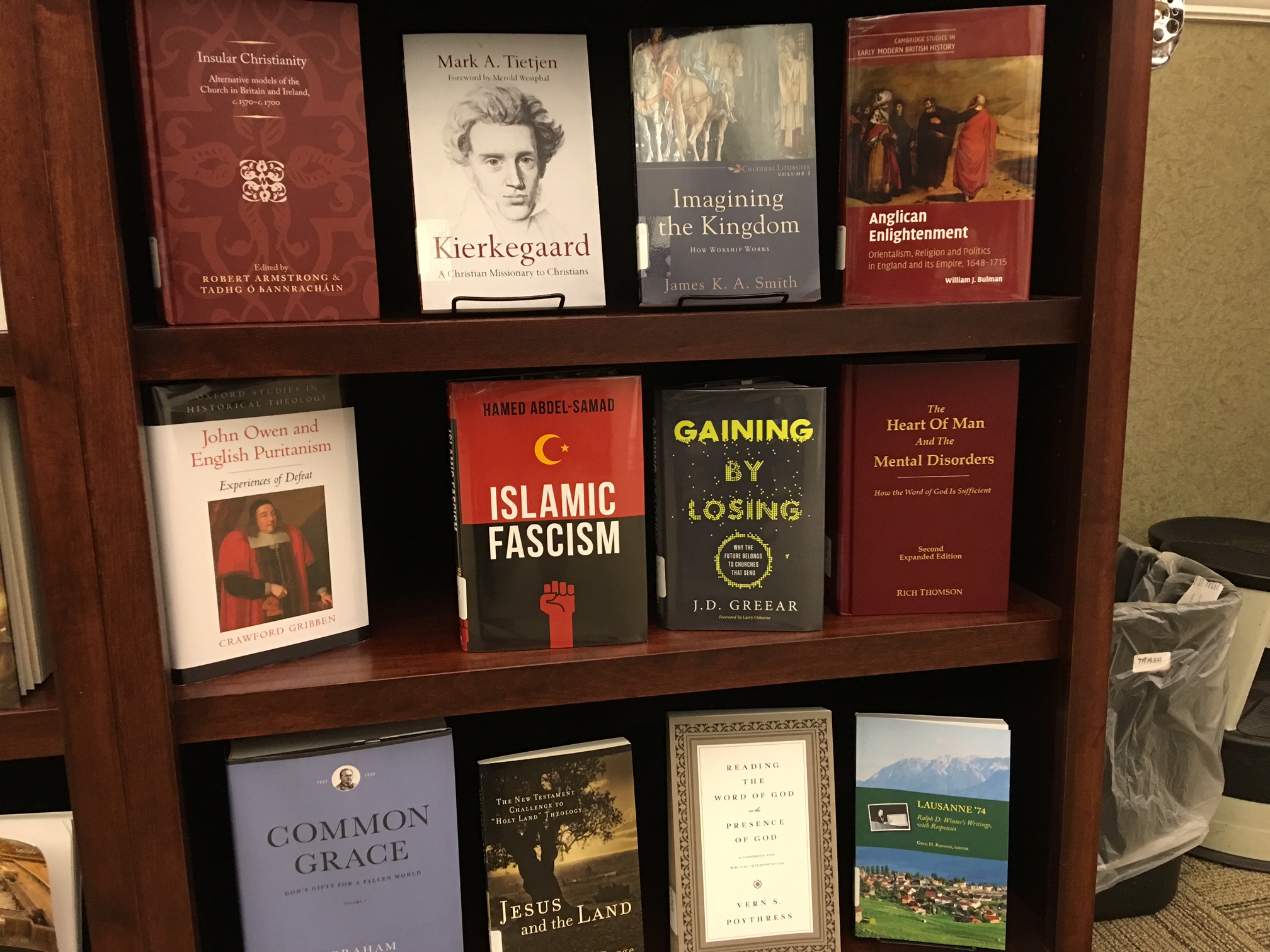After writing the initial posts in my spiritual abuse series, I started thinking more about the leaders who have made the greatest impression upon me throughout my life. I thought about soccer managers, teachers, managers, investment brokers, business owners, and bosses from my pre-Christian life. In the Christian world, I thought about pastors, elders, deacons, professors, para-church leaders, and so on. And I came up with four characteristics that were universal.
Vision
The best leaders were not interested in managing decline, care and maintenance, or just reacting to the latest emergency. Instead, they wanted to lead people or an organization to the next stage of growth or development. They looked much further ahead than today or even the immediate future. They might not have formalized 1-year, 5-year, and 10-year plans, but they definitely had long-term plans which involved much more than just handing on what they had been given unchanged. They may not have been ten-talent servants, but they definitely were not “bury-the-talent” status quo servants. They might not have plans to take everyone and everything to the next level but they were always working on advancing some part of the team, company, church, organization, etc. If you asked them, “Where are we going?” they wouldn’t reply, “Eh, I dunno.” Rather,”Here’s where we’re going, and here’s how we’re going to get there.”
Energy
As I look back on forty years of being parts of various teams – sports, politics, churches, businesses, etc. – the leaders that stand out most and that did most good are the ones that seemed to have an extra Duracell or two in their powerpacks. Even now, as I think back on them, the Energizer bunny pops into my mind. It’s almost impossible to follow someone that is lazy and lethargic. Enthusiasm, on the other hand, is contagious. A person bursting with it can impact tens, even hundreds of people. That’s true on a natural level; but it’s also true on a spiritual level. It’s a hyper-Calvinist cop-out to say, “Oh, well, unless the Holy Spirit comes in power, there’s no point in trying too hard.” The Holy Spirit uses means, and, in my experience at least, He usually uses leaders – pastors, elders, deacons, teachers – who are characterized by vitality, zip, and zest.
Ethics
No amount of vision or vigor can make up for vice. Talent and tempo cannot replace truth. Innovation and inspiration cannot overcome immorality. Double doses of dreams and Duracell cannot compensate for double standards. The leaders who have inspired me have always been characterized by integrity, just plain old-fashioned honesty and transparency. What you saw was what you got.
Selflessness
When I remember my two unbelieving soccer coaches, three of my four unbelieving bosses in the financial services industry, and my two favorite teachers (also both unbelievers), one quality stands out above all – they put the interests of those they coached, led, and taught ahead of themselves. I think I could even say they loved us. They sacrificed themselves for our good, often with no apparent benefit to themselves. There were selfless rather than selfish, leaving an indelible mark on me to this day.
How much more important is selflessness in ministry? It’s the most important characteristic of all in Christian leadership, and the lack of it lies at the root of most ministry fails and falls. It’s an utter shameful scandal when the one calling that is defined by “service” in the very name – MINISTRY – becomes a means of self-promotion and personal aggrandizement at the painful expense of those they are sent to serve.
In Matthew 7:15, Jesus warns us of wolves who wear sheep’s clothing. They may look like shepherds and sound like shepherds – note that, they NEVER look like wolves – but they have the hearts of wolves.
In John 10, Jesus warns of those who though they pretend to shepherd sheep, they are only interested in their fleeces. They are thieves and robbers that have come only to steal, to kill, and to destroy. Instead of giving their lives for the sheep, they take life from the sheep. They stand on their backs in their desperate climb for prominence. If any suffer along the way, there are always others to take their place. If I can get the attention of thousands, what does it matter if I’ve destroyed a few lives on the way to the pinnacle? Cheering crowds easily drown out a handful of bloodied, broken, bleating sheep – and my conscience. Why worry about one abused sheep when there are ninety-nine applauding me?
What a contrast to the Great Selfless Shepherd of John 10, the Great Selfless Servant of John 13, and the Great Selfless Sufferer of Philippians 2!
The measure of anyone’s ministry is not how many people are in their church, how many blog readers or Twitter followers they have, how many books they’ve written, how many conference invitations they receive, or how many famous friends flatter us. The biblical measure of ministry is how they treat “the least of these” (Matthew 25:40). How does a man treat the least important, least influential, least rewarding members of his congregation. That’s how Christ measures my ministry. That’s how my elders should measure my ministry. That’s how I want to measure my ministry.























